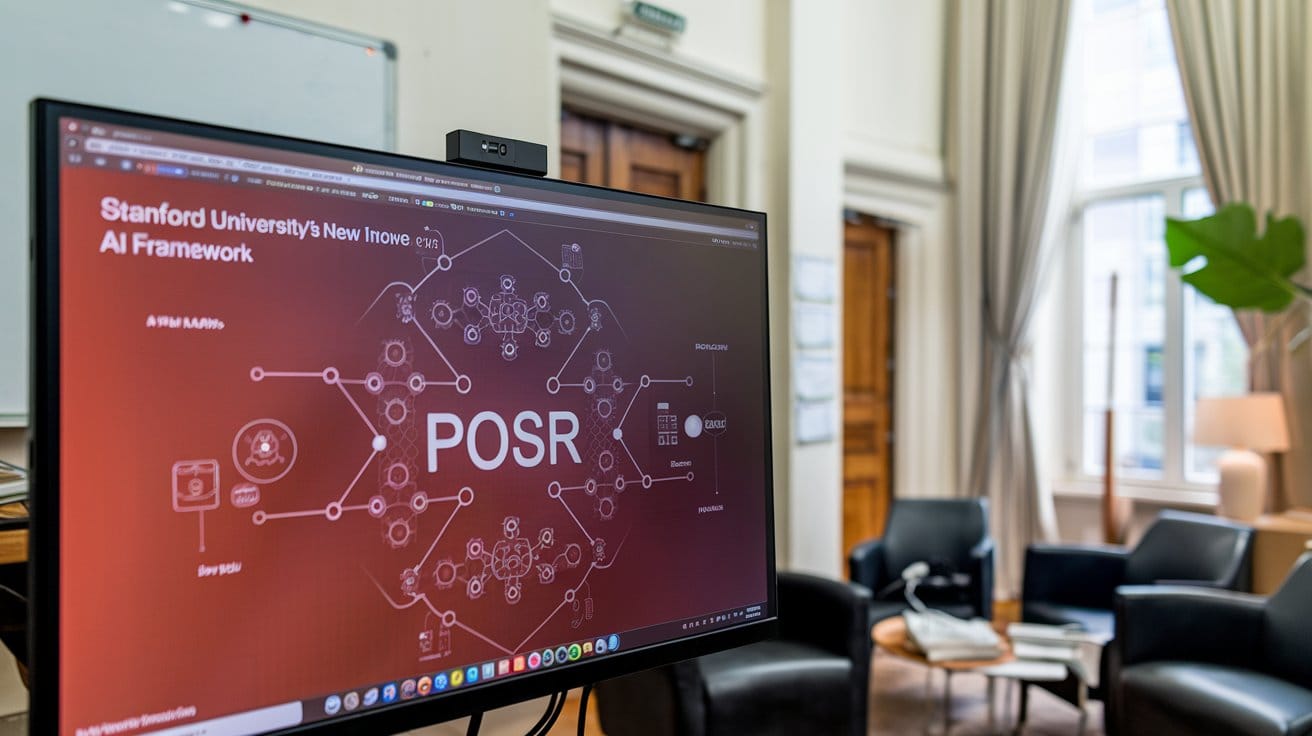Why Can Stanford’s New AI ‘POSR’ Disrupt Education?

The advent of AI in education has opened new avenues for enhancing learning experiences and outcomes. Among the latest innovations is the Problem-Oriented Segmentation and Retrieval (POSR) framework, developed by researchers at Stanford University. This framework represents a significant leap forward in the analysis of educational conversations, particularly through its unique joint approach to segmentation and retrieval tasks. By leveraging the POSR framework, educators and researchers can gain unprecedented insights into the dynamics of tutoring sessions, potentially transforming educational practices and outcomes.
The POSR Framework: An Overview
The POSR framework is designed to analyze educational conversations by integrating segmentation and retrieval processes. Unlike traditional methods that treat these tasks separately, POSR employs a dual-phase process that enhances both segmentation accuracy and retrieval precision. The first phase involves segmenting conversation transcripts while considering available reference materials, which provides context that traditional methods often lack. The second phase retrieves relevant topics or problems for each identified segment, ensuring that the segmentation process is informed by potential retrieval topics.





